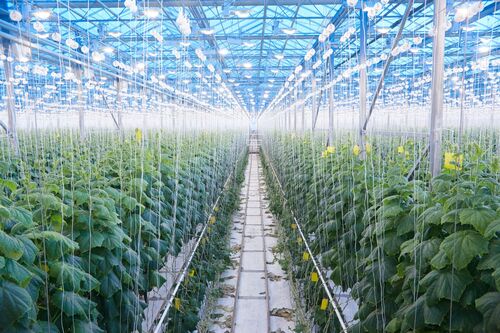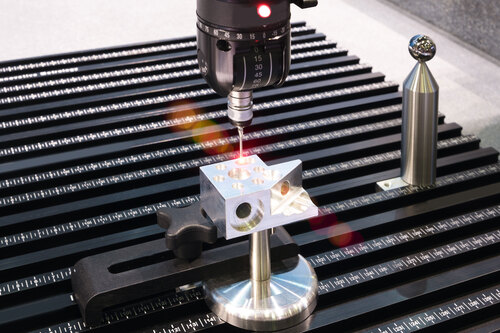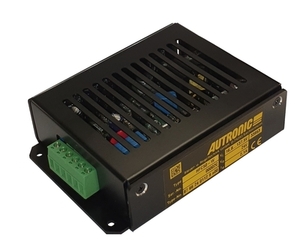- Products
DC to DC Converter
- Digital & Remote Controlled
- SIP Package
- DIP Package
- SMD Package
- 1x1" Package
- 2x1" Package
- Power Brick
- Point of Load
- Chassis & DIN Rail (6W-60W)
- High Voltage
Power Supply Product Selector
Select your own power supply from input voltage, brand, market industry, output power and format type.
- Market Sectors
Medical/Healthcare
Our medical power supplies are rated from 3000 to 5000 VAC and include reinforced insulation and a low leakage current for operator protection (2xMOOP) and patient protection (2xMOPP). Our vast range of medical power supplies are approved to the latest safety standards ANSI/AAMI ES 60601-1, IEC/EN 60601-3rd edition with 2xMOPP/2MOOP.

Industrial
A wide range of DC power converters and AC-DC Power supplies suitable for industrial power in SIP, DIP, SMD, PCB Mount, Encapsulated packages ranging from 1.5W to 24kW
We stock power supplies from leading manufacturers and as part of the FORTEC group have a strong working relationship with all our technology partners

Rail
Choosing the right power supply for any rail application is vital to the output performance. There are several factors that need to be taken into consideration when selecting the right power supply, the EN 50155 safety standard ensures these factors are addressed; high temperature, high vibration environment and challenges of power distribution.

- Case Studies
Horticulture LED lighting system
Company - Horticultural company in the US
Requirement – control all the LED lighting system in a cost effective way for each crop in different rooms. To be able to control different timings and temperature from a digital remote access.

Industrial - Improve Efficiency
Company – Manufacturer of Coordinate Measuring Machine (CMM)
Requirement – looking to improve power efficiency and come up with a different options to their current 540W toroidal transformer, with the associated size and significant weight of such a product. As efficiency regulations become ever more stringent, all manufacturers of ‘robust’ industrial equipment will begin to face this challenge.

Medical/Healthcare
Manufacturer of Home Medical Equipment for Assisted Living
Requirement – Upgrading of their product range requiring a new internal power supply to cope with the increased current demands vs the previously two external products used, while still maintaining all safety approvals and the option to charge a battery back up system from the same unit.

- Power Supply Brands

